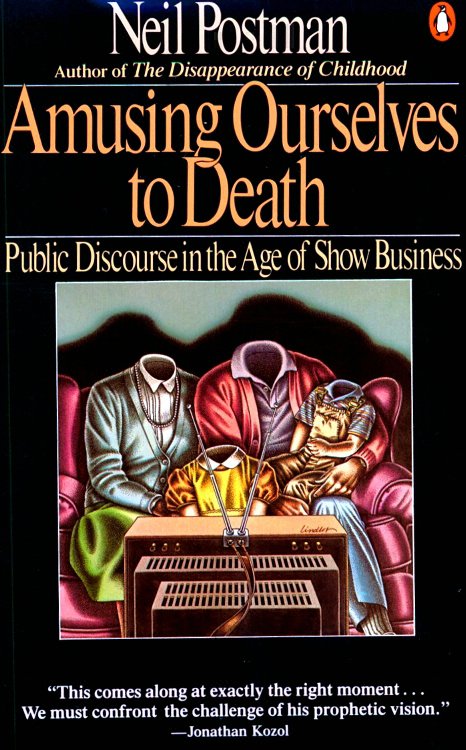Robert Axelrod: The Evolution of Cooperation (1984)
Filed under book | Tags: · collaboration, sociology

The Evolution of Cooperation provides valuable insights into the age-old question of whether unforced cooperation is ever possible. Widely praised and much-discussed, this classic book explores how cooperation can emerge in a world of self-seeking egoists-whether superpowers, businesses, or individuals-when there is no central authority to police their actions. The problem of cooperation is central to many different fields. Robert Axelrod recounts the famous computer tournaments in which the “cooperative” program Tit for Tat recorded its stunning victories, explains its application to a broad spectrum of subjects, and suggests how readers can both apply cooperative principles to their own lives and teach cooperative principles to others.
Publisher Basic Books, 1984
ISBN 0465021212
241 pages
PDF (updated on 2014-8-29)
Comment (0)Bruno Latour: Aramis, or The Love of Technology (1993/1996)
Filed under book | Tags: · actor-network theory, sociology, technology

Bruno Latour has written a unique and wonderful tale of a technological dream gone wrong. As the young engineer and professor follow Aramis’ trail–conducting interviews, analyzing documents, assessing the evidence–perspectives keep shifting: the truth is revealed as multilayered, unascertainable, comprising an array of possibilities worthy of Rashomon. The reader is eventually led to see the project from the point of view of Aramis, and along the way gains insight into the relationship between human beings and their technological creations. This charming and profound book, part novel and part sociological study, is Latour at his thought-provoking best.
Translated by Catherine Porter
Published by Harvard University Press
April 1996
ISBN 0674043227, 9780674043220
336 pages
More info (publisher)
More info (wikipedia)
PDF (updated on 2012-7-17)
Read on Scribd
Neil Postman: Amusing Ourselves to Death: Public Discourse in the Age of Show Business (1985)
Filed under book | Tags: · culture, entertainment, mass media, media ecology, show business, social criticism, sociology, television

The book originated with Postman’s delivering a talk to the Frankfurt Book Fair in 1984. He was participating in a panel on Orwell’s 1984 and the contemporary world. In the introduction to his book Postman said that reality was reflected more by Aldous Huxley’s Brave New World where the public was oppressed by pleasure than Orwell’s 1984 where they were oppressed by pain.
Television has conditioned us to tolerate visually entertaining material measured out in spoonfuls of time, to the detriment of rational public discourse and reasoned public affairs. Neil Postman alerts us to the real and present dangers of this state of affairs, and offers compelling suggestions as to how to withstand the media onslaught. Before we hand over politics, education, religion, and journalism to the show business demands of the television age, we must recognize the ways in which the media shape our lives and the ways we can, in turn, shape them to serve out highest goals.
Publisher Penguin Books, 1985
ISBN 0140094385, 9780140094381
Length 184 pages
More info (wikipedia)
More info (publisher)
More info (google books)

